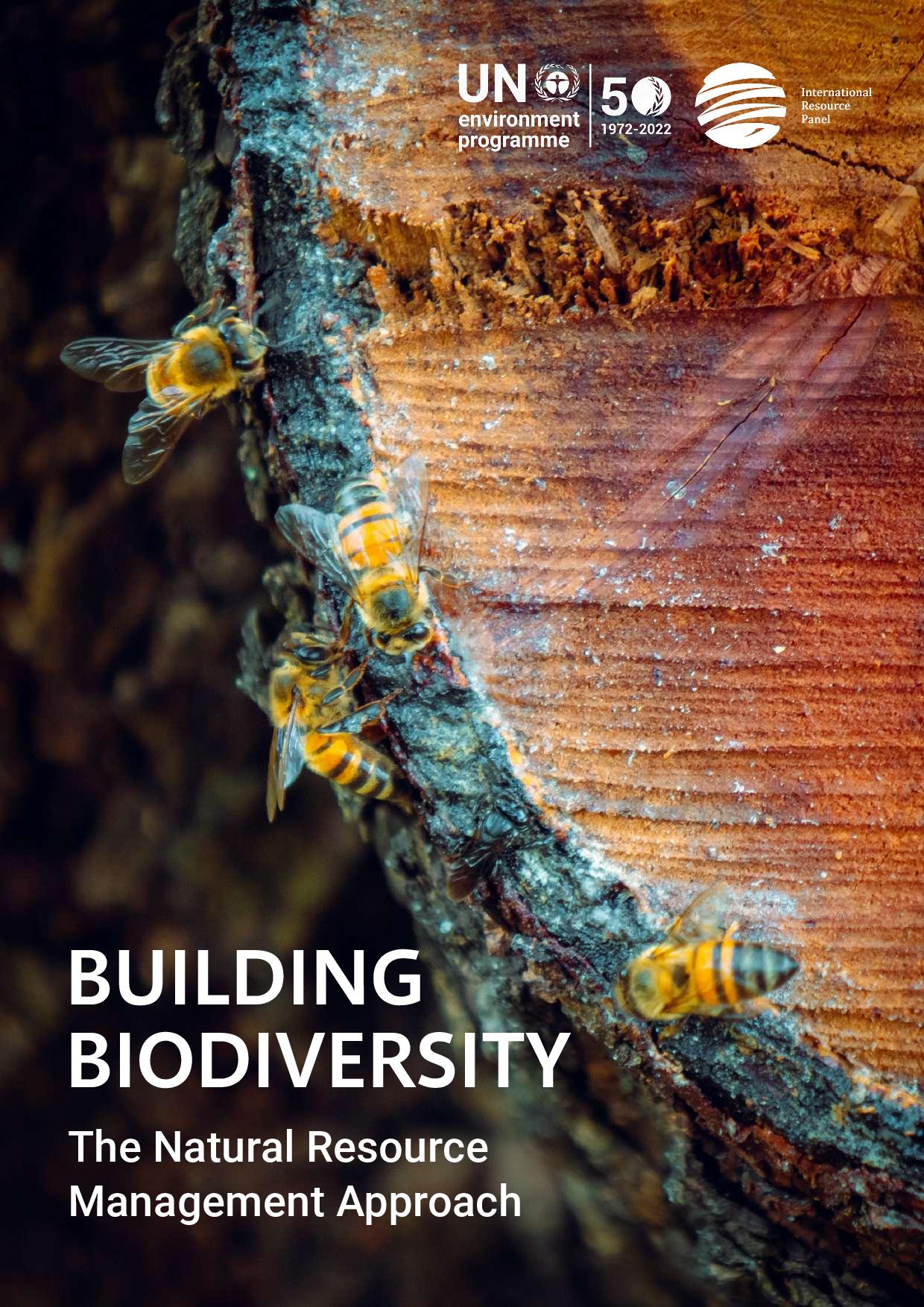
Today Izabella Teixeira (former Environment Minister of Brazil) and Janez Potočnik (former European Commissioner for Environment and Science) are colleagues as Co-Chairs of the UNEP/International Resource Panel (IRP). A decade ago, they became friends as negotiators at the 10th Conference of Parties of the Convention of Biological Diversity (CBD COP10) in Nagoya, Japan. They have distilled that decade of experience into clear, science-based principles informed by the research of the International Resource Panel.
To the world’s efforts to restore and regenerate nature, they add the single-biggest missing piece: Natural Resource Management. The picture that emerges is a one-off opportunity:
- for biodiversity-rich nations to be recognized for the value of their natural wealth and be rewarded for maintaining ecosystem services, and
- for countries with high-resource footprints to invest in global natural resource management as an efficient strategy to reduce their indirect pressure on biodiversity and ensure an environmentally sustainable future.
The IRP Co-Chairs’ opinion piece features four principles to turn biodiversity loss into biodiversity value through Natural Resource Management:
- Know your true impact – Value-chain transparency
- Plan together – Integrated landscape planning
- Grow with nature – Nature-based and circular solutions
- Value nature – Recognize nature’s benefits
Those principles are also illustrated by a selection of case studies implemented successfully around the world.
As policymakers prepare for the CBD COP 15 (Kunming, 11-24 October 2021), these science-based principles can help them move beyond pledges and commitments, and take action that we can soon see working in the natural world.
Sharing lessons from their past and present roles, and based on powerful scientific evidence from the International Resource Panel, the Co-Chairs urge Parties to push for a bold global agreement on biodiversity targets. Countries must use natural resource management approaches to acknowledge, understand and address the direct and indirect drivers of biodiversity loss for climate, nature and socially just economic and social development.